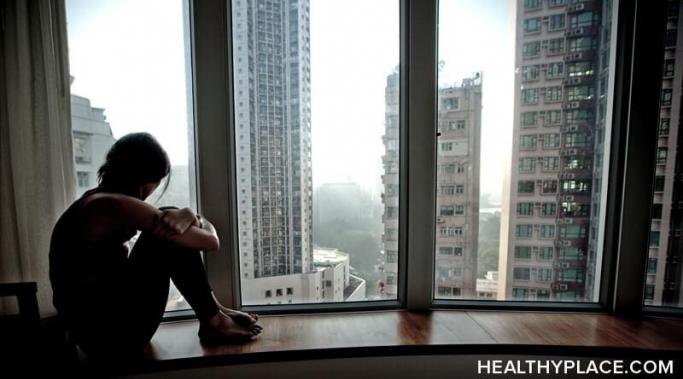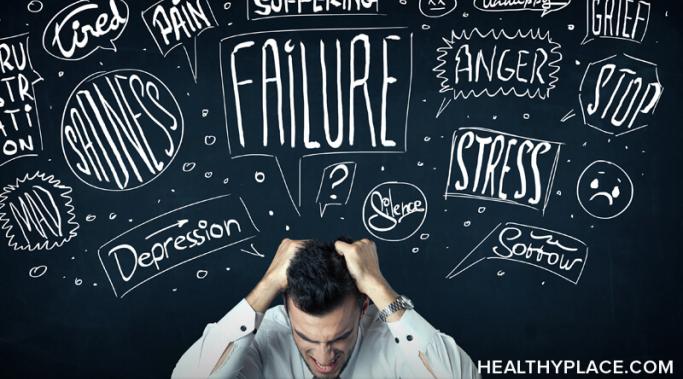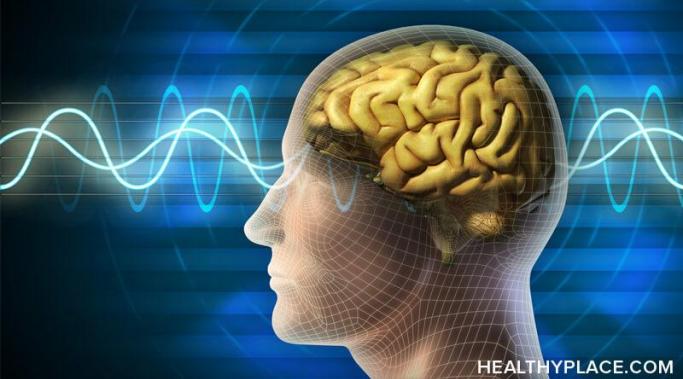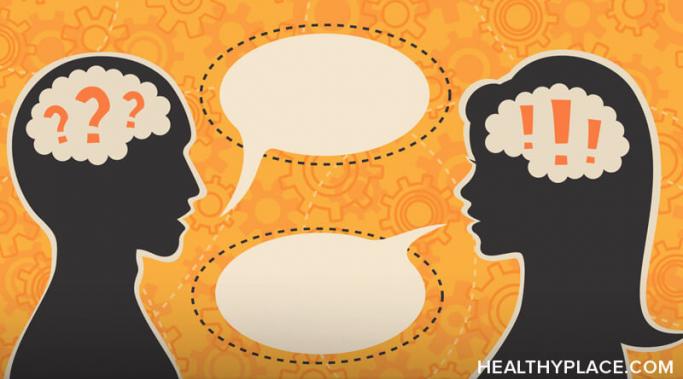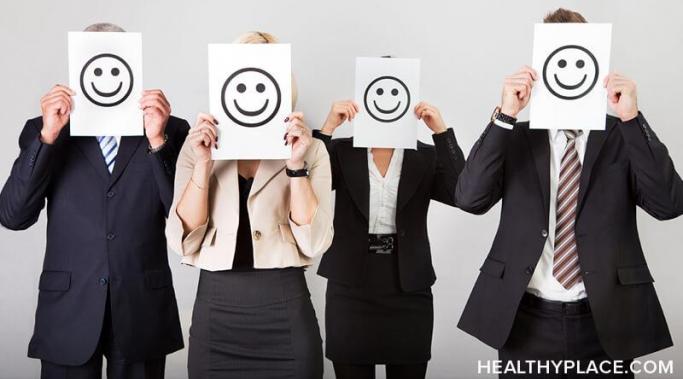The little things can help us cope with depression. The other day, as I sat by the window, I noticed a mother and her toddler stomping around in the fresh rain puddles in the apartment complex's parking lot. Before I realized it, a big smile spread across my face. Watching them laugh and run around made my heart happy. I realized it could be the little things that help get me through the day.
Coping with Depression
I've found that depression and isolation go together. I was responding to a comment on Jennifer Tazzi's blog post "What to Do When Depression Feels Like a Glass Wall" from several years ago. Her post inspired me to write about isolation and derpession because I could relate.
While thinking about what to write about this week, I received a text from someone I had not spoken to for a long time, and it inspired me to write about nurturing healthy relationships when you have depression. The relatively quick conversation left me thinking about how the person and I had drifted apart. Yet, in all honesty, I wasn't sad about the drifting apart. What I once thought was a healthy relationship was not. It was very one-sided and unhealthy for me, living with depression. Thus, nurturing healthy relationships becomes not just beneficial but essential when you are coping with depression.
Coping with cognitive distortions can be a challenge. In the intricate landscape of our brains, thoughts can often be like tangled balls of yarn, distorting reality and discoloring our perception of the world around us. For those of us coping with depression, these cognitive distortions can become particularly prominent, taking the tangled yarn and weaving a complex tapestry of negativity and despair. It becomes imperative to untwist our thinking and return to a more logical and realistic mindset. In the past year, through training peers about cognitive distortions and mental health wellness, I have come up with a couple of strategies to assist with coping with cognitive distortions.
Coping with depression triggers generally requires practicing specific skills. It isn't always easy to continuously do so, especially when the skills should be practiced proactively. However, practicing coping skills and being self-aware of how to cope with depression triggers could help some either avoid a depressive episode or experience a less severe depressive episode.
Many people find it challenging to cope with disappointing others, whether a loved one, a friend, or a coworker. I am no exception. I will avoid disappointing someone if possible. We all know how it feels to be disappointed or let down, so why would I want to inflict that feeling onto someone else? I possess great empathy for others, almost to a fault. So, to know that I am about to confront someone and make them feel sad or disappointed makes me feel guilty, which then leads to depression. However, lately, I have been trying to reroute my thinking and people-pleasing tendencies to remember the positives and why I can no longer appease everyone to help cope with disappointing others.
Coping with depression at work isn't easy. I currently work full-time from home. Like many others, I spend more time in front of the computer and on the phone with strangers than with loved ones. Once I clock out, I am so drained that I don't want to talk to anyone. My social battery is empty. Yet, the next day, I put on that smiling face and log back in to start the cycle again. Working takes up so much of my time and energy that there have been many times when working triggered a depressive episode. Or, if I was already depressed, work made my sadness even worse without specific ways to cope with depression at work.
I live with major depressive disorder. Much like any diagnosis, disability, disorder, illness, and so on, there is a politically correct way to discuss those who have a mental health disorder. Through my research and curriculum development at my job, I learned that the people-first language for mental health uses the phrase "living with." For example, I would say that I am living with major depressive disorder, not that I suffer from major depressive disorder. This is a more appropriate way to describe ourselves and others.
Masking depression is something many people do. I tell people when I discuss living with major depressive disorder that I am the queen of masks. And it's true; I can smile when I need to. I became such a perfectionist at masking my depression that I could even fool my closest friends. Yet, when I am alone or turn around, my smile disappears from my face quicker than a scared jackrabbit.
Looking for a new job is never easy, but depression while job hunting is even worse. Being unemployed at the same time is terrible, too. Unfortunately, I have experienced that in the last couple of years. Getting lost in the cumbersome tasks of revamping my resume and applying for jobs is dispiriting. Thus, it becomes easy for job hunting to cause my depression to set in quickly.

